Analysis of Health Promotion and Cultural Competence at MMC
VerifiedAdded on 2022/08/18
|5
|996
|11
Report
AI Summary
This report analyzes the health promotion and cultural competence strategies employed by the Montefiore Medical Center (MMC). It examines patient engagement activities, communication strategies, and interpreter services, highlighting both strengths and limitations. The report acknowledges the MMC's efforts in providing interpreter services, particularly for Spanish speakers, but recommends expanding language services to reflect the linguistic diversity of the Bronx's population. The report also assesses the MMC's health promotion and disease prevention initiatives, such as diabetic care services and collaborations with local markets, while suggesting the inclusion of child-centered educational resources. Additionally, the report evaluates the MMC's patient-centered approaches, including multilingual interpreter services and efforts to address patient complaints, and recommends establishing a formal patient feedback mechanism to enhance quality improvement processes. The conclusion emphasizes the need for additional multilingual staff, patient feedback mechanisms, and child-centered educational resources to improve the MMC's services.
1 out of 5
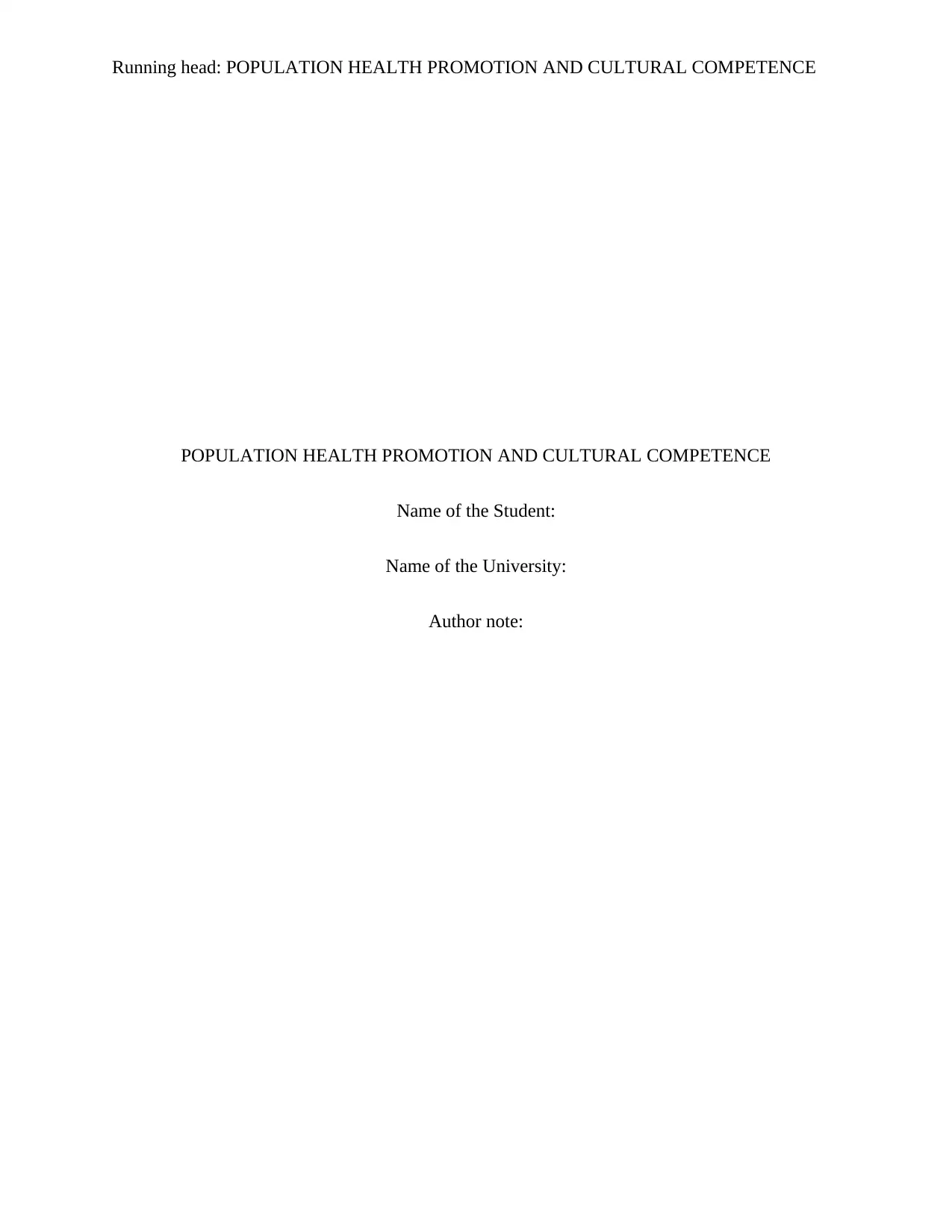
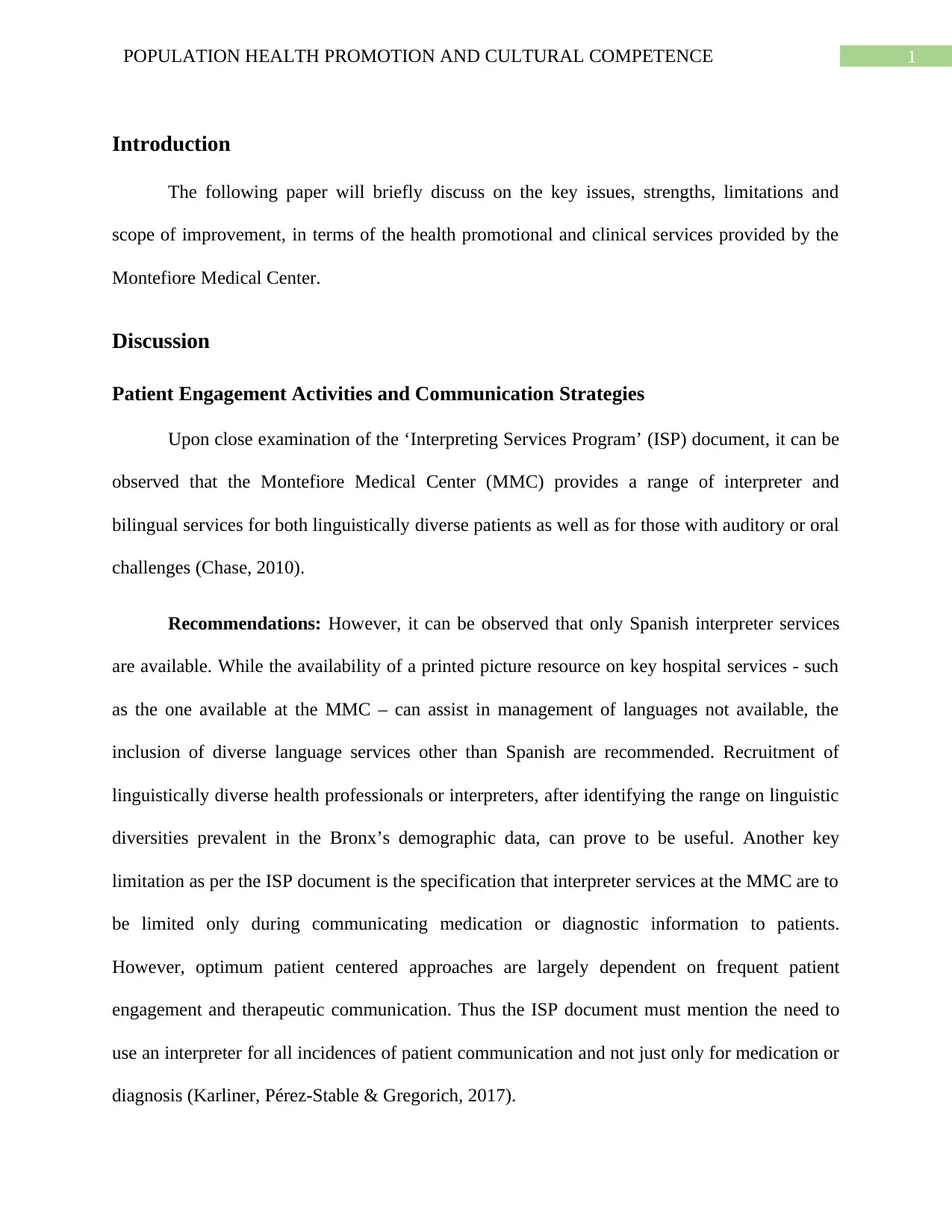
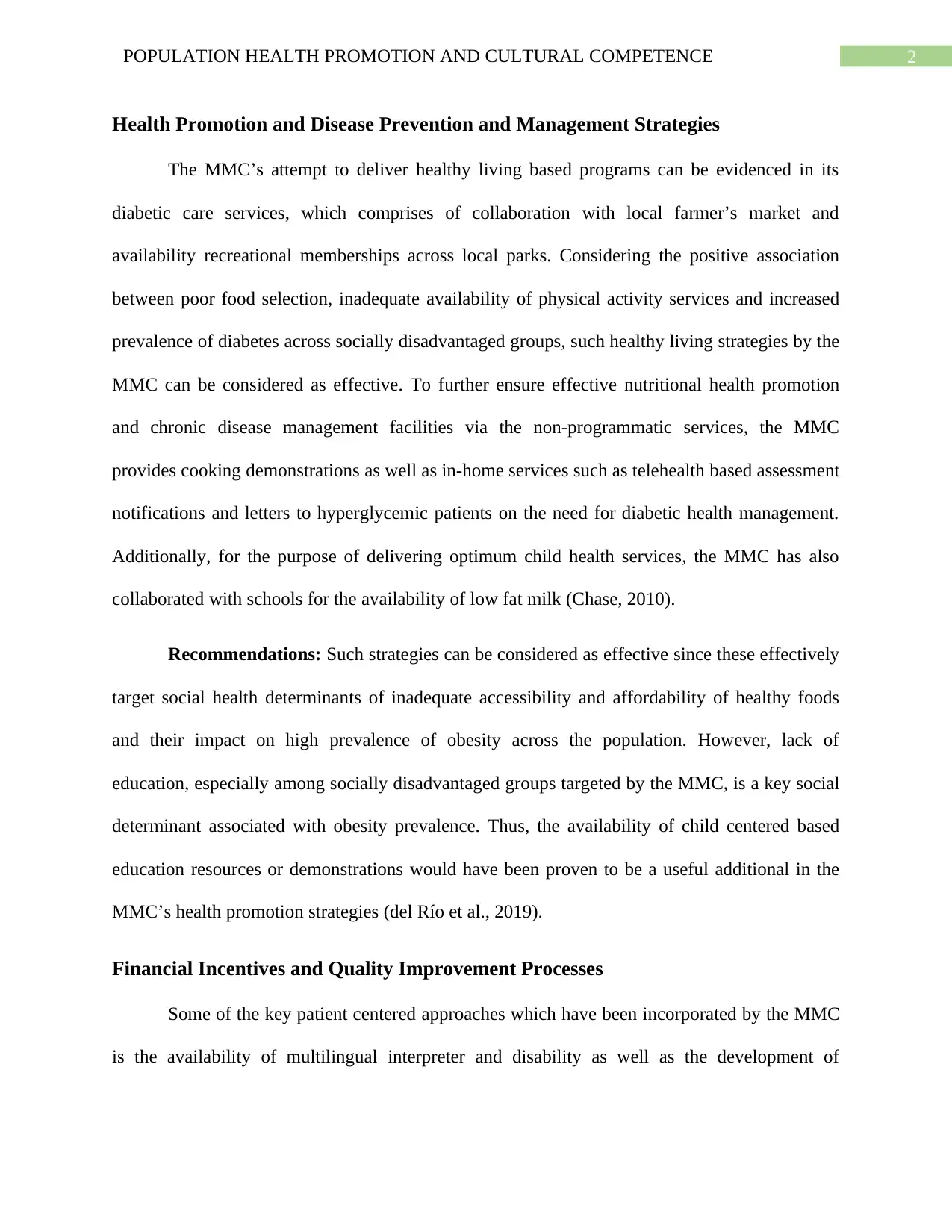

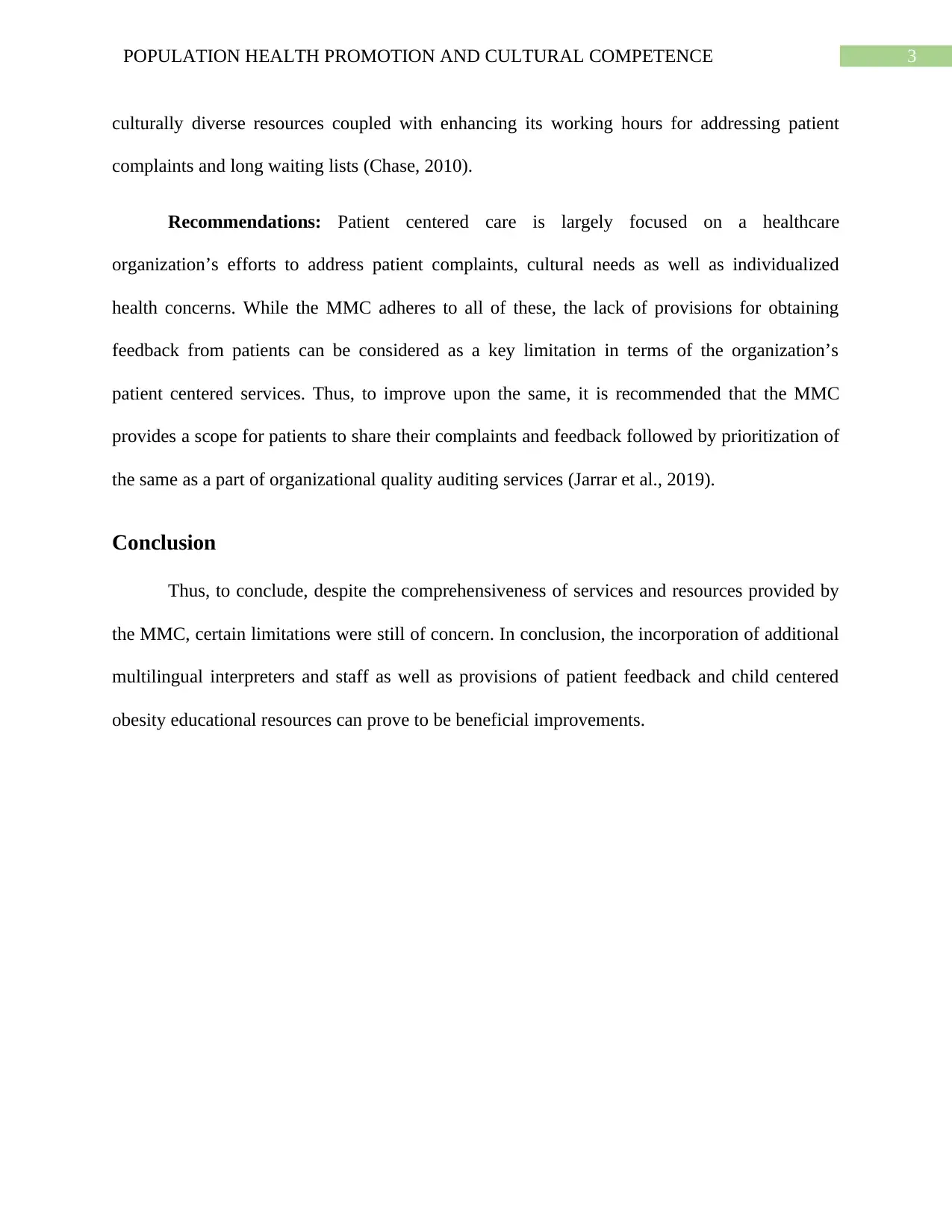
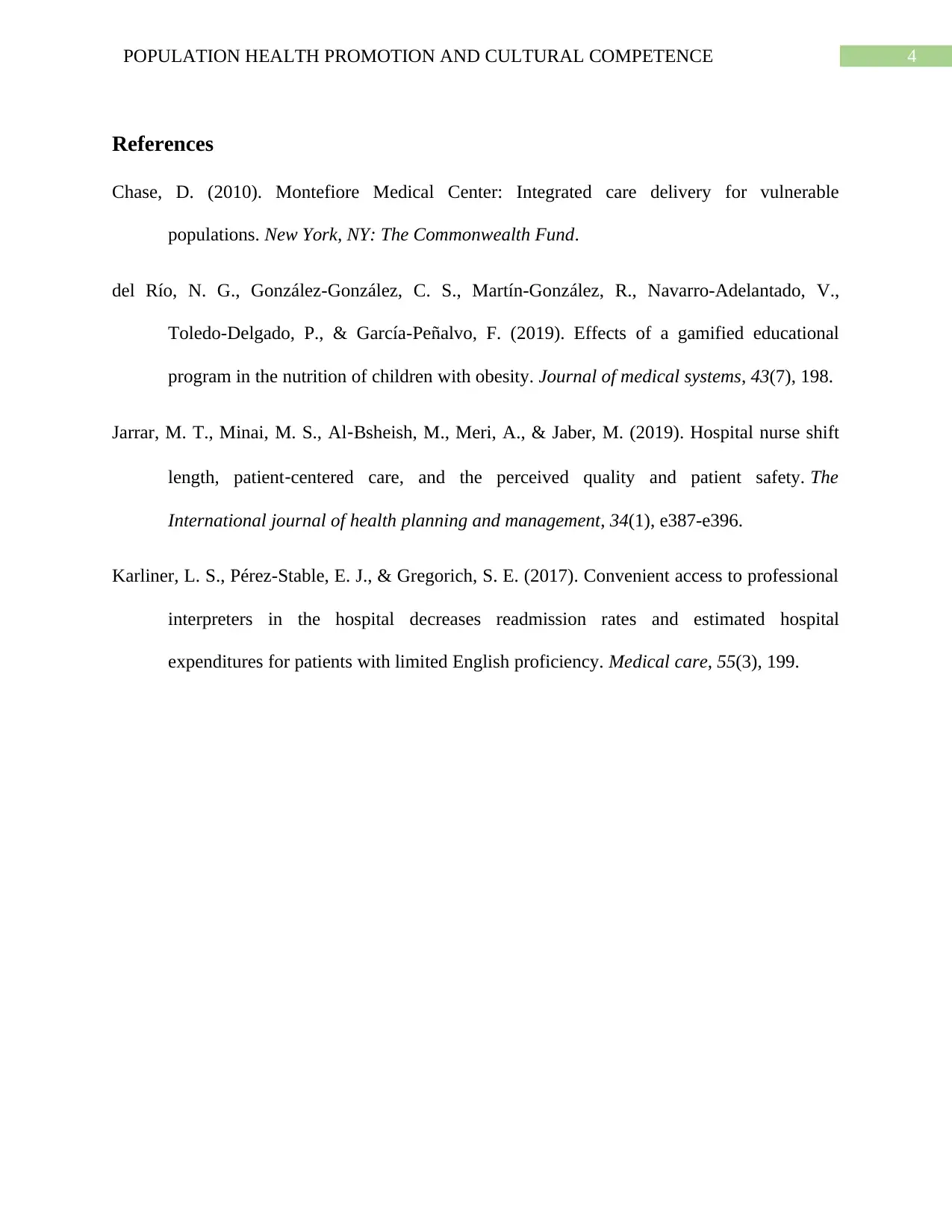

![[object Object]](/_next/static/media/star-bottom.7253800d.svg)